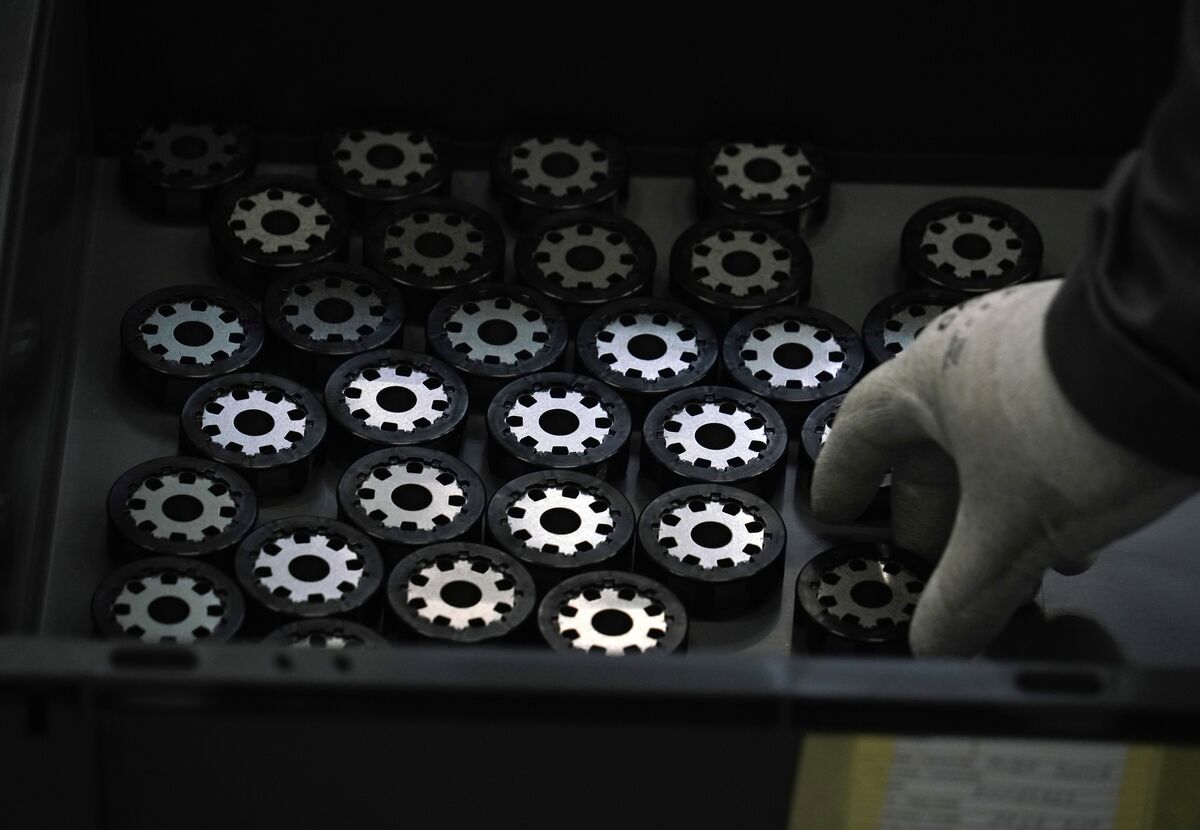- cross-posted to:
- worldnews
- cross-posted to:
- worldnews
Japan, and Germany need to drop further. Would be nice if Russia, Indonesia and Brazil took their place.

That’s pretty likely to happen in the next few years. I expect BRICS economies to continue growing while G7 ones will keep shrinking. The underlying factors driving these trends are unlikely to change.
while i agree with this, which underlying factors would you say are you basing this on?
BRICS control most of the commodities and manufacturing at this point, and US dollar is becoming increasingly irrelevant in terms of trade. Energy markets are a particularly big aspect of all this given that aside from US, G7 nations don’t have a reliable supply of energy of their own. This is a big part of why we’re seeing recessions happening all over the western world. On the flip side, China is doing massive investment into developing countries helping them build out their infrastructure and raise the standard of living. This will result in a lot of economic growth down the road as western economies continue to contract.
Western economic model has been fundamentally built on the exploitation of the Global South. Now the former colonies are shaking off the west. What we’re seeing happening in Africa is just a start of a bigger trend going forward, and that spells doom for current western regimes.
Not OP, but I think the BRICS+ are seeing continued development of productive forces (e.g. BRI; financing via the BRICS new development bank for industrial development [and not predatory credit issued for the purposes of lowering prices of export commodities thus stifling development]), while the G7 is unable to break free from neoliberal post-industrial services which have very limited real economic benefit, and in the case of Germany and presumably other west European countries, actively deinduatrializing.
I can’t point to exact sources but this is Michael Hudson’s bread and butter.
I wouldnt bet on brazil, not with this halfassed coalition neoliberal government.
we aint undoing bolsonaro’s rampage that soon but things are actually looking decent for the long term if we don’t fall to fascism again.
saw that on tv here in germany, was so funny to watch then pretend that this means our econemy is going well
ecEnemy kinda has a good ring to it friend, might need a bit more work but thanks for the idea
that was just dsylexia lmfao
Without realizing that it’s them tomorrow in that same headline
What was that conversation like? Did they just not say anything or make arguments?
“Germany has become the 3rd largest economy in the world.”
What a joke. Germany has already been overtaken by Russia in PPP terms, just like China has already overtaken the US. Germany is entering the most catastrophic economic decline of its entire post WW2 history. And it’s all either self-inflicted or directly caused by its own ostensible “allies”.
Yep. They are mainlining copium in Deutchland.
But the Japanese stock market is at record highs, which really goes to show how accurately reflective of the economy the stock market is.
is it at record highs in Yen, or in USD
Yen. They don’t dare talk about how the cheap yen is causing American companies and individuals to go on a buying spree because… Reasons.
lmao, even their logic is American
it’s like when the frothing hordes of redditors try to blame India and China for global warming
Kind of crazy to me. The country I associate very strongly with like… advanced tech, the digitization of business, and high educational standards seems to be really struggling to keep up with the global market.
I know an aging population and the minimalist culture is part of it but I am curious on what other factors are at play.
japan’s economy has been stagnated for more than 30 years, that prosperous nation image is mostly fabricated by usa to contain the advance of communism in asia, same thing about korea, we have a image presented to us by a heap of cultural production that south korea is this prosperous and wonderful place.
ROK makes Japanese work-life balance seem well-adjusted and healthy. No amount of money would ever persuade me to take a job there.
But yeah, our economy has been struggling. We definitely had a period of growth, but the US would never let that continue if we became any real threat to them. US did the same thing when communist parties were growing here and they’ve never really fully recovered; our national pary has become soc-dem at best. I maintain some hope because at a local level there are still more socialist chapters.
I lived in Japan and there are aspects where it is ahead but other aspects where it is stuck in 1970s with its processes and bureaucracy. For example in Saudi Arabia you can renew your passport and get a simcard without leaving the house and promptly. Last time I did my passport was delivered within 3 days and the simcard within 2 hours. In Japan getting my drivers license required multiple visits to various government offices and lots of paperwork. Similarly for getting a simcard, except for visiting the government offices part. Japan does have a significantly better infrastructure and more advanced and punctual mass transit system though.
It’s…getting better, albeit very very slowly like everything else here. I think the pandemic helped push things a bit. A lot more services are available online than they used to be. For example visa renewals you can actually do online now, though it requires you purchase some extra hardware for your PC that you probably don’t have lying around (like an IC card reader).
This was their vision that they want to pass, but in reality their economy is still stuck with outdated production methods, and there is still a lot of bad bureaucratization in both the government and companies. Not to mention that with the agreements of Plaza Accord, destroyed Japan’s competitive advantages over the US.
the digitization of business
maybe but as of a few years ago many business processes still involve the fax machine
Hospitality IT in Japan here, we still heavily use fax. When we were opening the property they wanted me to get the fax lines setup as a higher priority than even getting the guest networks online.
We honestly don’t want to use them at our property, but the issue is that many suppliers require orders be faxed. We buy almost 100% local and most of the vendors are older family owned businesses that won’t take orders any other way, and so that means all other businesses basically are required to support fax as well.
How do fax even work in Japan? Is it kana only? I do wonder to what extent the use of such things there is because of the language.
Kanji works fine, though it can sometimes be a little bit difficult to read if the quality isn’t great.
I don’t think the language is a huge barrier, though the widespread use of personal seals over signatures might contribute some.
Well… yes… but if I had to choose a country to invest in between one that specializes in digitizing business and one that specializes in fax machines I’m probably choosing the former
I am curious on what other factors are at play.
Plaza Accords crashed Japanese exports so much they still can’t dig themselves out of the hole, especially that their policies barely even changed since then.
The revival of China must’ve hit both Japan and the quislings hard, a decade ago most of our electronics were either japanese or korean, now they’re chinese. Same for cars, they’re slowly losing their market share with the emergence of chinese car brands.
It’s happening!












